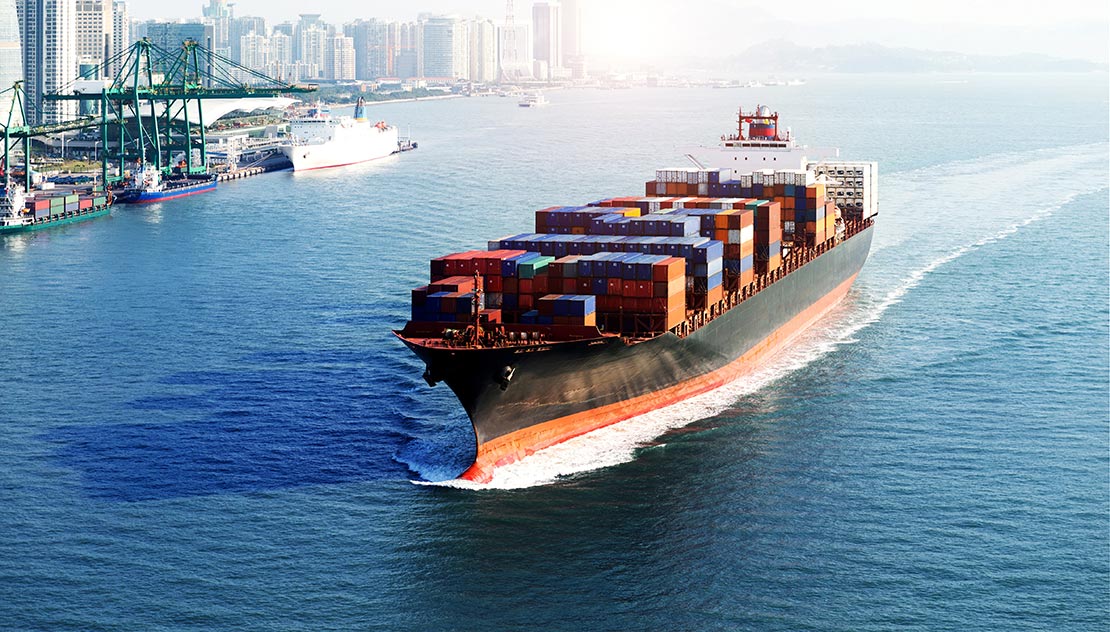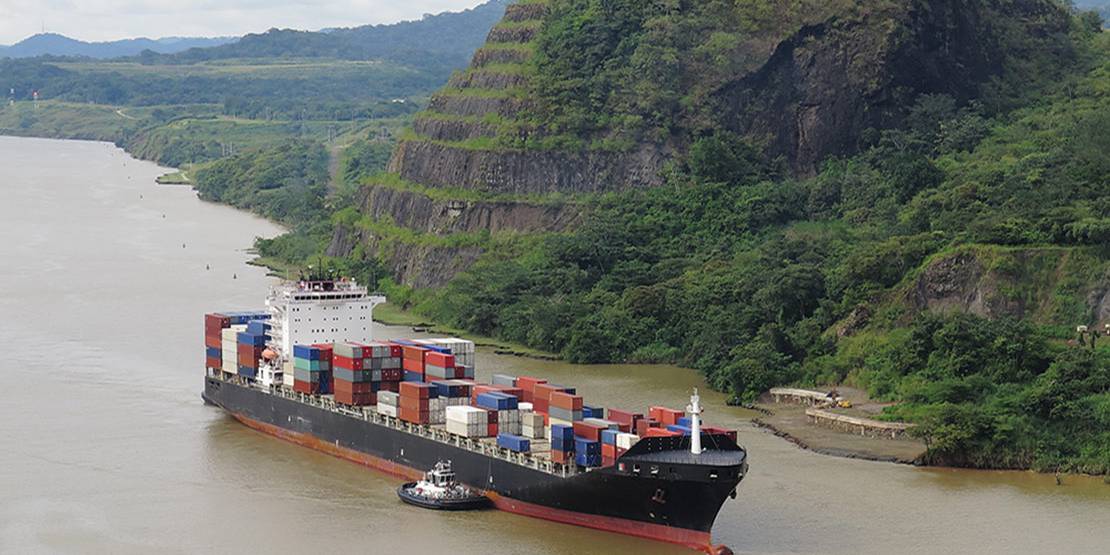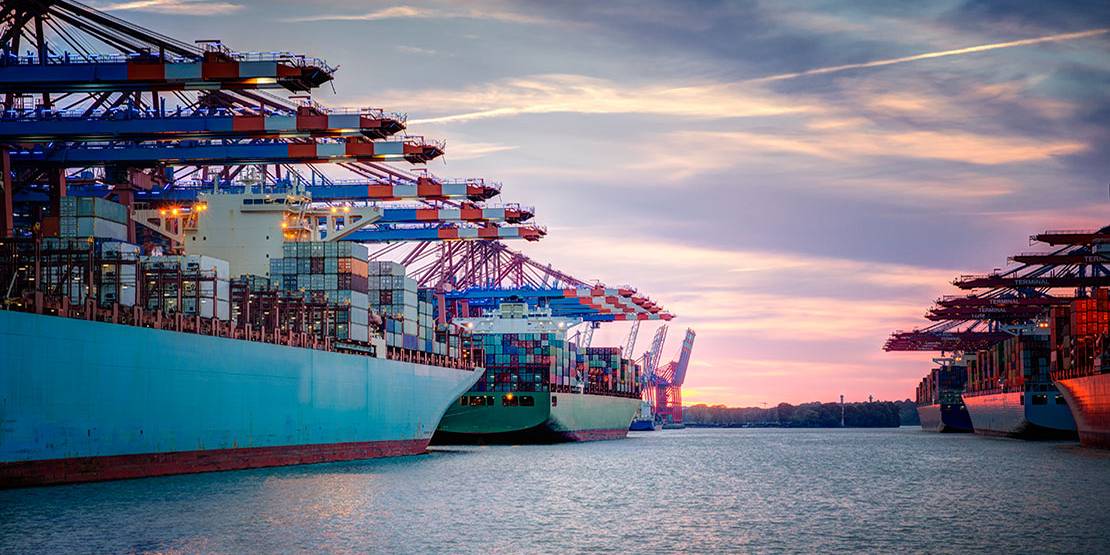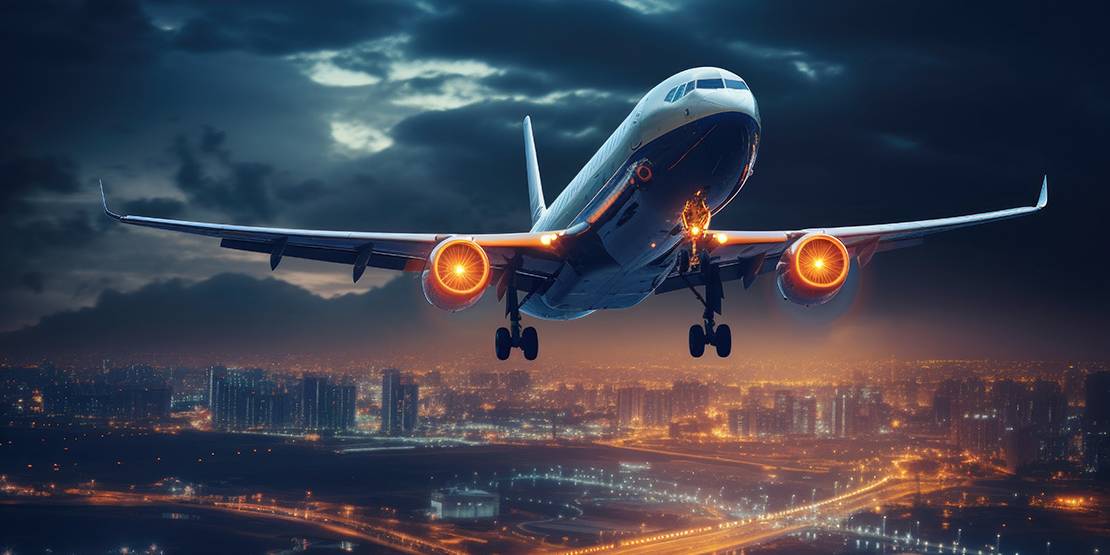Asia ocean freight rates remain unsettled, as attacks on ships have continued during the past week and the majority of carriers have directed their vessels around the Cape of Good Hope.
Whilst the majority of headlines focus on the increase in costs we also feel it is important to acknowledge the importance of the safety aspects which have given rise to the decision to avoid the risk to human life and divert vessels away from danger. Our thoughts and support go out to the merchant seamen and crews of the vessels caught up in this crisis and we wish them safe passage as they negotiate the much harsher weather conditions around the Cape of Good Hope.
We saw rates moving upwards via GRI’s prior to the Festive Season and then the introduction of emergency surcharges. Whilst rates have increased significantly over the weeks since attacks began we are hopeful of seeing some stabilisation in the increases for the period leading up to Chinese New Year and through February. Westbound are monitoring the situation closely and we again urge clients to get in touch to discuss options so that we can work out the best solutions for your requirements.
We have also seen the introduction of rate clauses by carriers for shipments that are already enroute, after declaring force majeure as a result of the deviation of journeys from the Red Sea back down and around the Cape of Good Hope
Force majeure is a clause in carriers and freight forwarders trading conditions which protects them from liability in the case of uncontrollable events (such as war or extreme weather), when it is extremely difficult or impossible to carry out normal business that is not the fault of any party.
The ongoing shipping risks in the Red Sea area escalated further at the weekend when the ‘Maersk Hangzhou’ was struck by a missile, with two more intercepted by the US Navy. Houthi rebels then launched four small boats and attempted to board the ship before the US military intervened and sunk three of the boats, killing at least 10 of the attackers.
As a result, all major carriers are now routing vessels around the Cape Of Good Hope bar one. Avoiding the Suez Canal is adding approximately 9-10 days to journey times, but does offer the peace of mind that shipments will not get caught up in the hostilities.
The longer journey times, both to and from Asia, are expected to put pressure on container equipment and available space, with market conditions starting to feel similar to those that immediately followed the pandemic.
Westbound are monitoring the situation closely and will update as things develop. In the meantime, with conditions changing quickly, we need to ask customers to make fast decisions about bookings to avoid missing out on equipment and space or rates moving upwards.
If you have any questions regarding the above, then Westbound are here to help. So, please do not hesitate to contact us.



